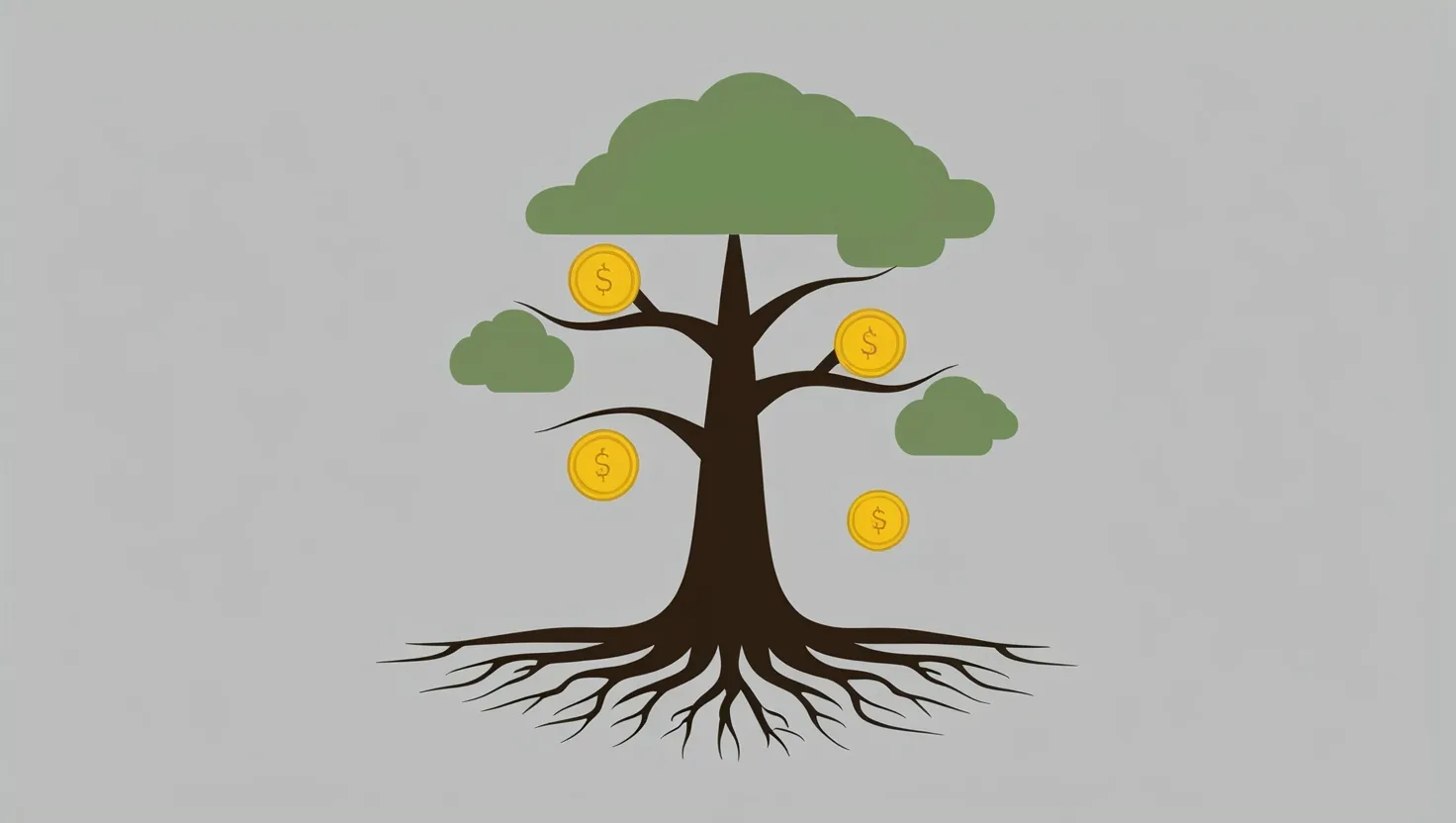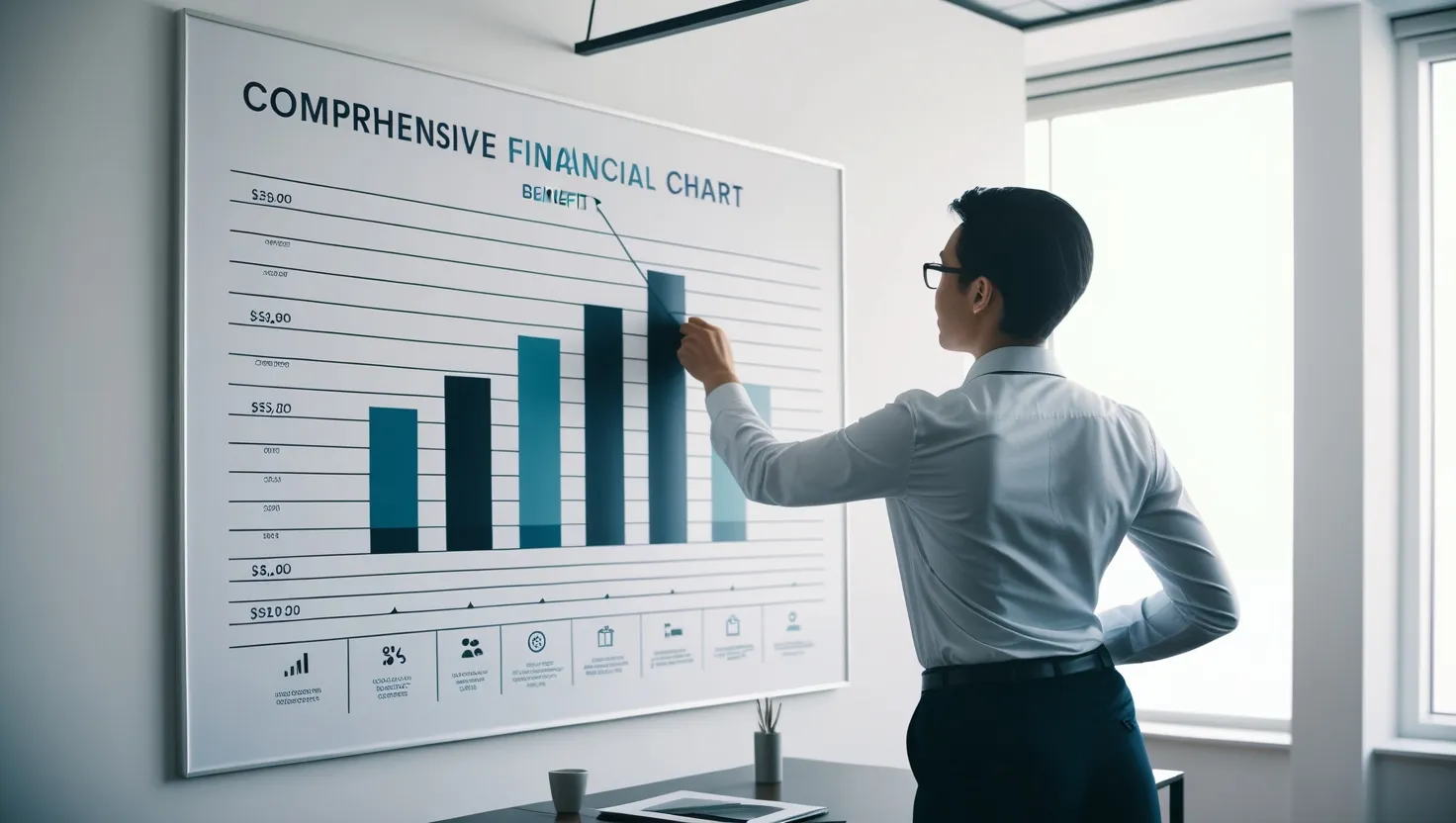When it comes to achieving long-term financial success, it’s easy to get caught up in the idea that it’s all about the right strategies and investments. However, the truth is that your mindset plays a far more critical role than you might think. Here’s a journey through the essential mindset shifts that can transform your financial future.
The Power of a Growth Mindset
“Believe you can and you’re halfway there.” - Theodore Roosevelt
Adopting a growth mindset is the first and perhaps most crucial step in your financial journey. This mindset assumes that your abilities and intelligence can be developed through hard work, dedication, and persistence. When you view money management through this lens, you open yourself up to continuous learning and improvement.
Imagine approaching financial challenges not as insurmountable obstacles, but as opportunities to grow and learn. This mindset encourages you to seek feedback, learn from mistakes, and adapt your strategies as you go. It’s about recognizing that financial success is a marathon, not a sprint, and that every step forward, no matter how small, is a step in the right direction.
Budgeting: A Tool for Freedom
How often have you heard people complain about budgeting as if it were a form of financial prison? But what if you flipped this perspective on its head? Budgeting can be a powerful tool for freedom, allowing you to make conscious decisions about where your money goes and ensuring that you’re aligning your spending with your values and goals.
Think of budgeting as a map that guides you through the financial landscape, helping you avoid pitfalls and find the most efficient routes to your destinations. It’s not about restricting yourself, but about making intentional choices that free you from the stress of financial uncertainty.
The Value of Delayed Gratification
“Patience is bitter, but its fruit is sweet.” - Aristotle
In a world where instant gratification is the norm, it’s easy to forget the value of waiting for what you truly want. However, when it comes to financial success, delayed gratification is often the key to greater rewards.
Consider the story of someone who saves diligently for years to buy their dream home, versus someone who takes out a high-interest loan to get it now. The former may have to wait longer, but they’ll avoid the financial burdens that come with debt and enjoy a sense of accomplishment that’s hard to put a price on.
So, the next time you’re tempted to splurge on something that doesn’t align with your long-term goals, ask yourself: “Is this worth the cost of my future freedom?”
From Scarcity to Abundance
“The greatest wealth is to live content with little.” - Epictetus
A scarcity mindset focuses on what you lack, often leading to fear-based decision-making and a constant sense of inadequacy. But what if you shifted your perspective to one of abundance? This mindset recognizes that there are enough resources for everyone and encourages you to see the world as a place filled with endless opportunities.
Imagine waking up each morning with a sense of optimism, believing that today could bring new chances to grow and succeed. This mindset isn’t about ignoring challenges; it’s about approaching them with a positive outlook and a belief in your ability to overcome them.
The Lifelong Pursuit of Financial Education
“Knowledge is power.” - Francis Bacon
Financial education is not something you learn once and then forget; it’s a lifelong pursuit. The financial landscape is constantly evolving, with new strategies, tools, and regulations emerging all the time.
To stay ahead, you need to commit to continuous learning. This might mean reading books on personal finance, attending seminars, or joining online communities where you can learn from others. The more you know, the better equipped you’ll be to make informed decisions that align with your financial goals.
Reframing Failures as Learning Opportunities
“Failure is not the opposite of success; it’s part of success.” - Arianna Huffington
Failures are an inevitable part of any journey, including your financial one. But how you view these failures can make all the difference. Instead of seeing them as setbacks, try to reframe them as learning opportunities.
Ask yourself, “What can I learn from this experience?” or “How can I use this failure to improve my next decision?” This mindset shift can turn what might otherwise be a discouraging event into a valuable lesson that propels you forward.
Cultivating Patience in Wealth-Building
“Wealth is the ability to fully experience life.” - Henry David Thoreau
Building wealth is not a quick fix; it’s a long-term process that requires patience and persistence. It’s easy to get caught up in the idea of overnight success, but the truth is that most people who achieve financial success do so through years of hard work and dedication.
So, how can you cultivate this patience? Start by setting clear, long-term goals and breaking them down into smaller, manageable steps. Celebrate your progress along the way, and remind yourself that every step forward, no matter how small, is a step closer to your ultimate goal.
A Long-Term Perspective on Financial Decisions
“The best time to plant a tree was 20 years ago. The second-best time is now.” - Chinese Proverb
When making financial decisions, it’s easy to get caught up in the short-term benefits. But what if you took a step back and looked at these decisions through a long-term lens? This perspective can help you make choices that align with your future goals rather than just your immediate needs.
For example, investing in a retirement fund might not seem exciting today, but it could be the key to financial freedom in your later years. Similarly, choosing to save for a down payment on a house instead of buying a new car could lead to greater stability and wealth in the long run.
Putting it All Together
Achieving long-term financial success is not just about having the right strategies or making smart investments; it’s about cultivating the right mindset. By adopting a growth mindset, viewing budgeting as a tool for freedom, embracing delayed gratification, shifting to an abundance mentality, prioritizing financial education, reframing failures, cultivating patience, and taking a long-term perspective, you can set yourself up for a prosperous future.
So, the next time you’re faced with a financial decision, ask yourself: “Is this decision aligned with my long-term goals?” and “What mindset shift can I make today to move closer to financial success?”
Remember, the journey to financial success is a marathon, not a sprint. Stay committed, keep learning, and continuously adapt your mindset to achieve your financial goals. As the saying goes, “The future belongs to those who believe in the beauty of their dreams.” - Eleanor Roosevelt.






